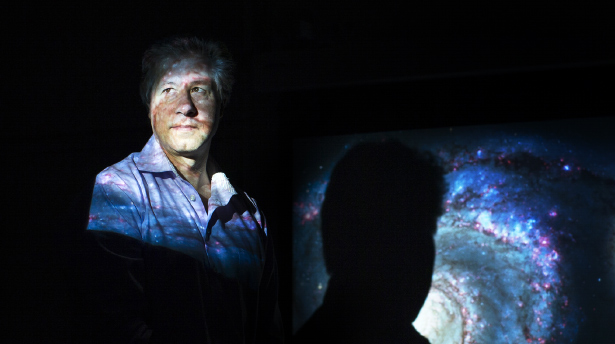hns
Well-Known Member
The key is that "Dark Matter" is (was) "detected" by a difference of the rotation rate of spiral galaxies to the visible mass distribution https://en.wikipedia.org/wiki/Dark_matter .We have no ability to directly detect "Dark Matter".
This is sort of "optical detection" and is the original reason we know of it.
From that, astronomers conclude that there must be invisible mass in the Galaxies or there would not be spiral arms.
But nobody knows for sure what this invisible mass consists of. And therefore, there are multiple theories which make predictions the experimentators are looking to be proven or ruled out.
But there is also something called "Dark Energy" which makes the difference to the total mass/energy of the universe.
In my understanding, it is not postulated that this "Dark Matter" is evenly distributed like in your density calculation, rather the opposite.
Anyways, this does not exclude your "invisible neutron" model immediately.
But beware: there is neutron decay: https://en.wikipedia.org/wiki/Free_neutron_decay
So they will become visible with a half life time of ca. 10 minutes...
To stay on topic: maybe the proposed dark neutrons vanish faster than the Pyra replaces them
Last edited:


